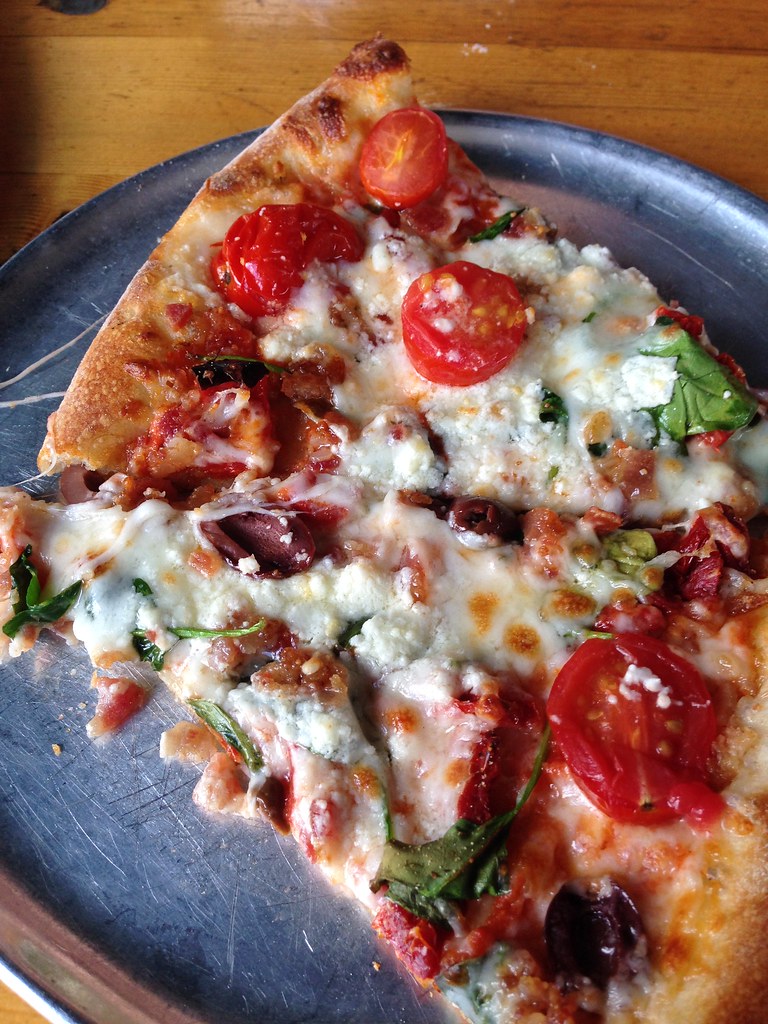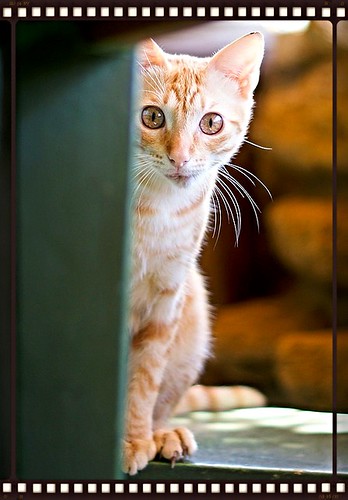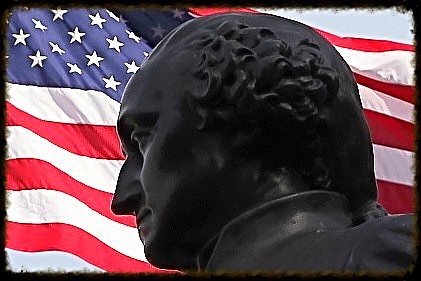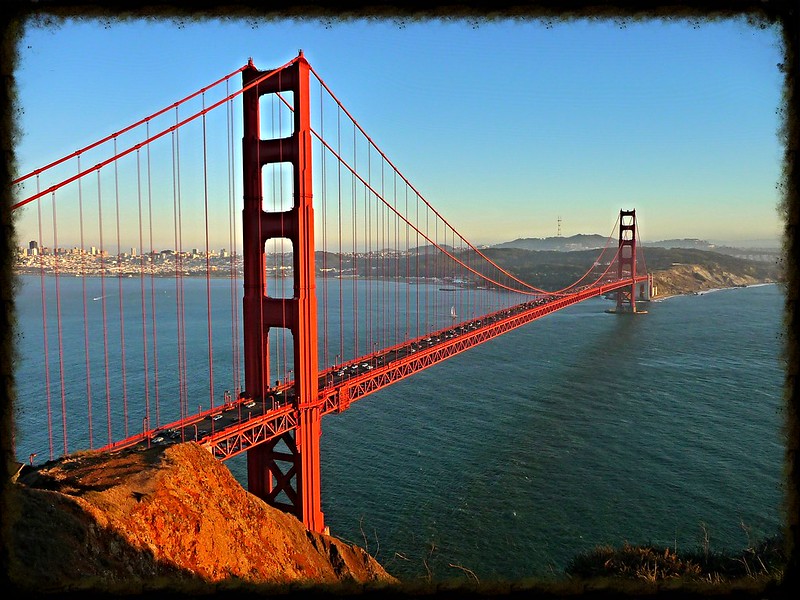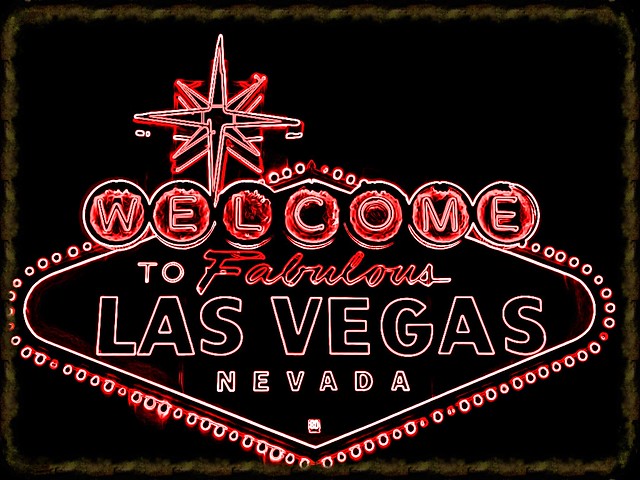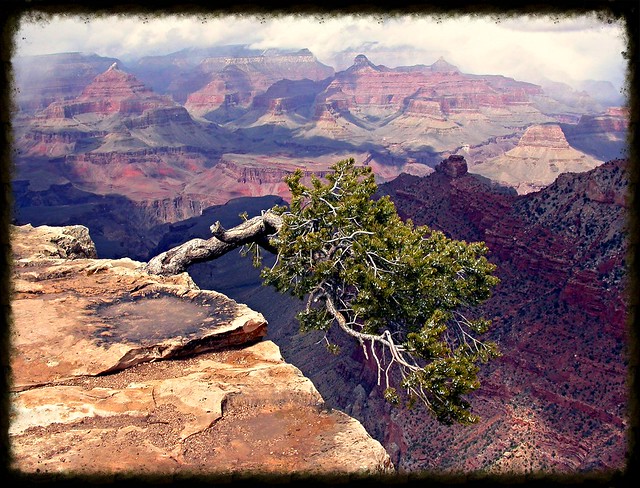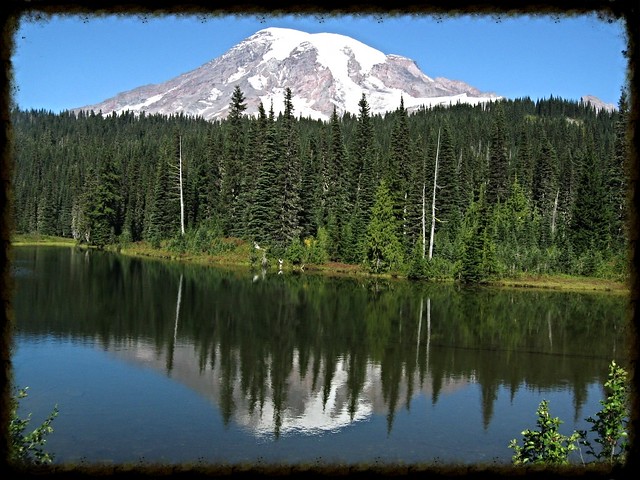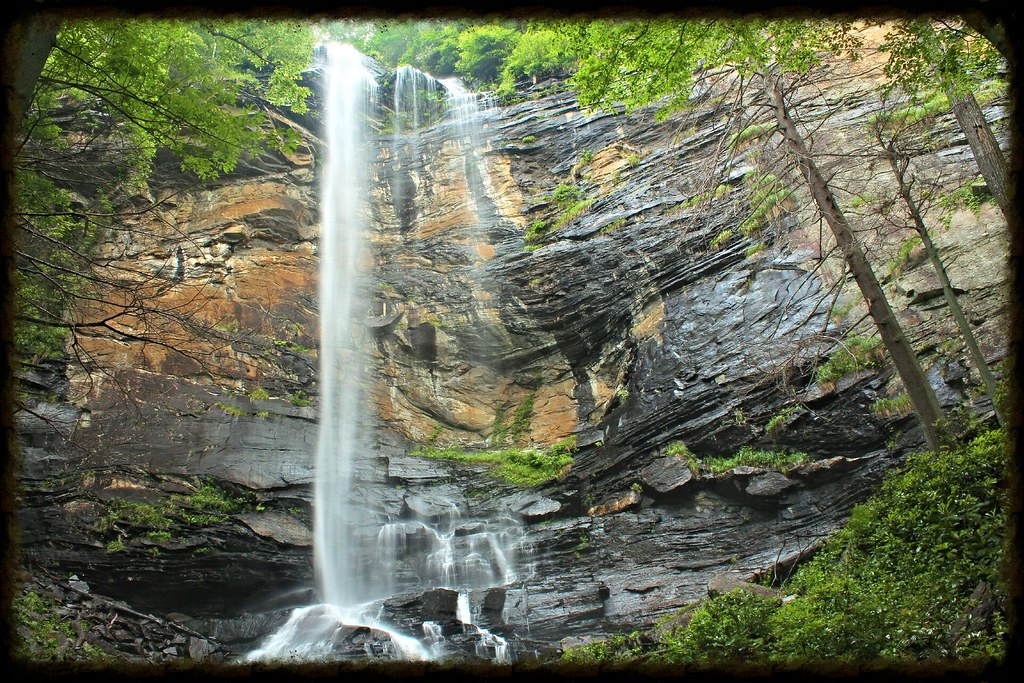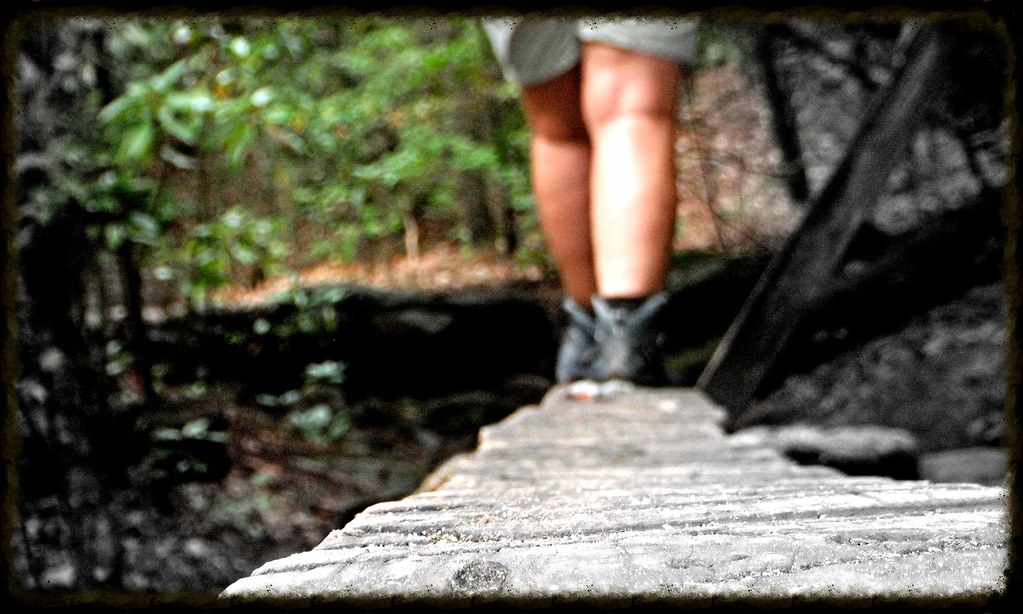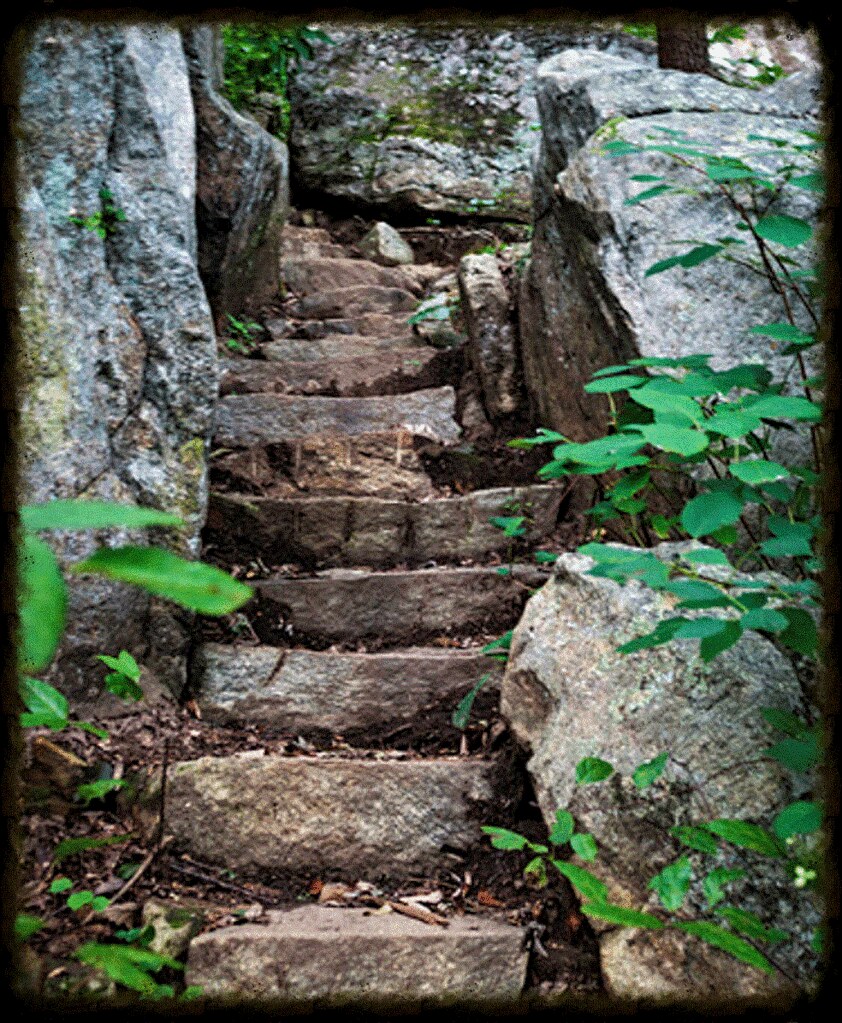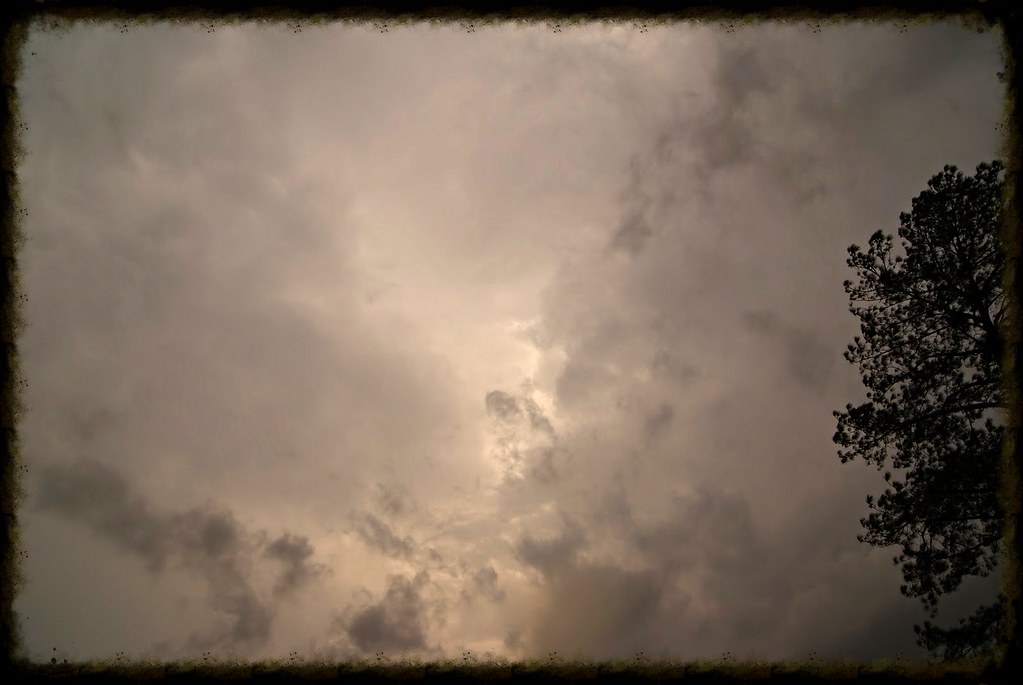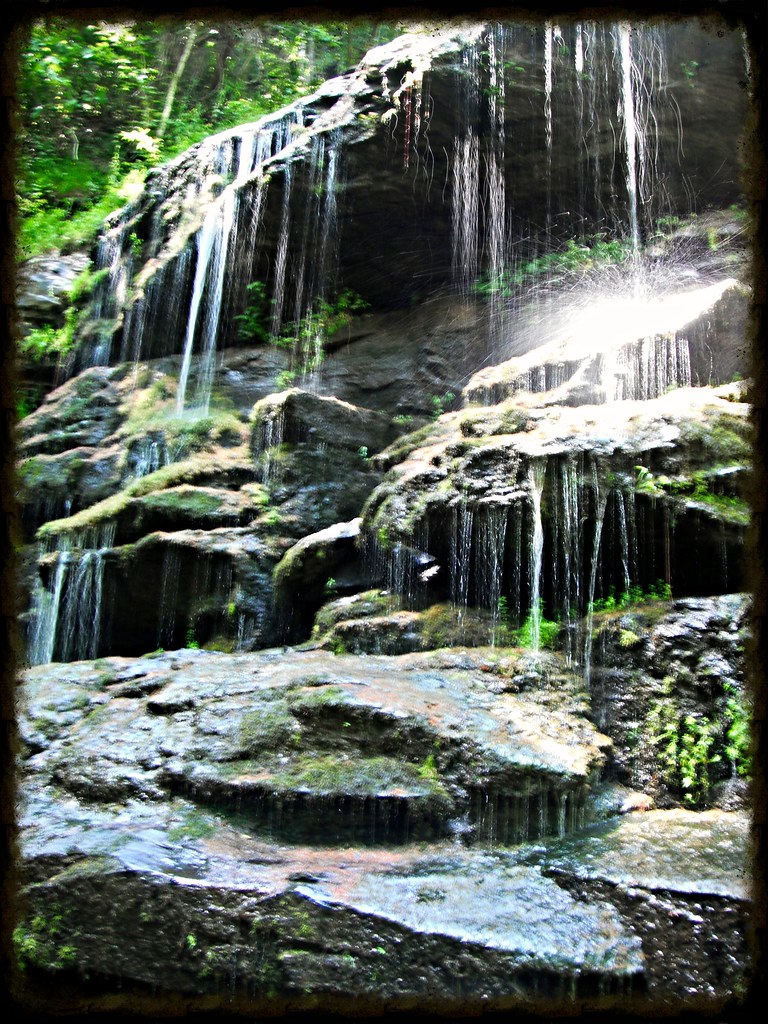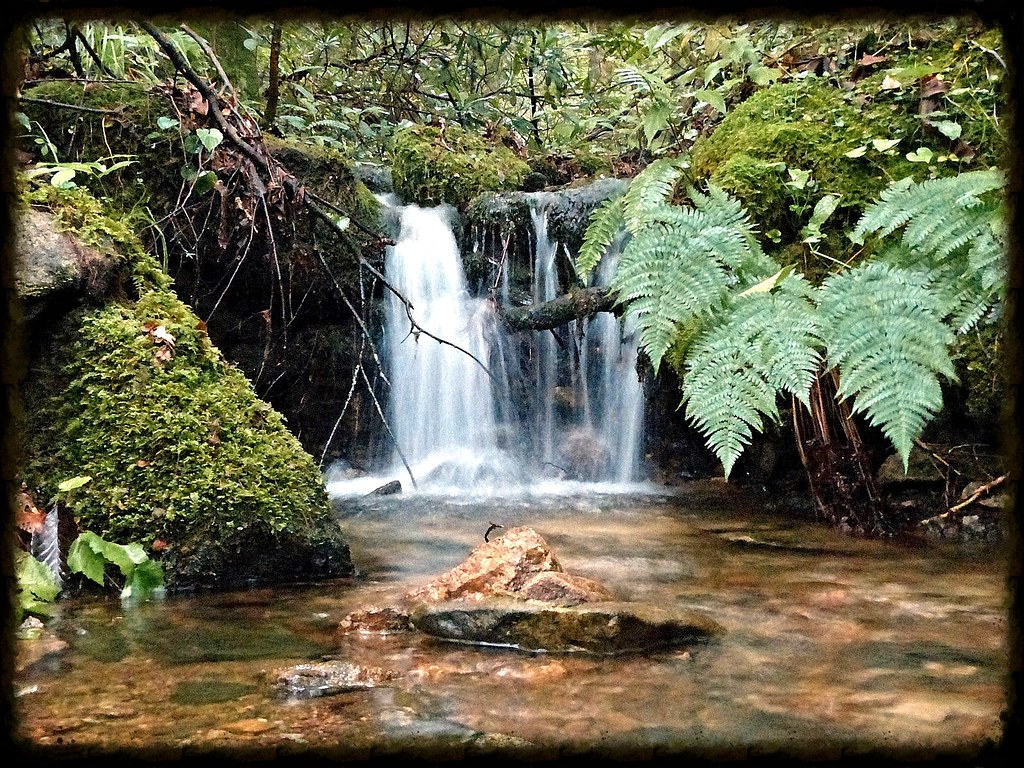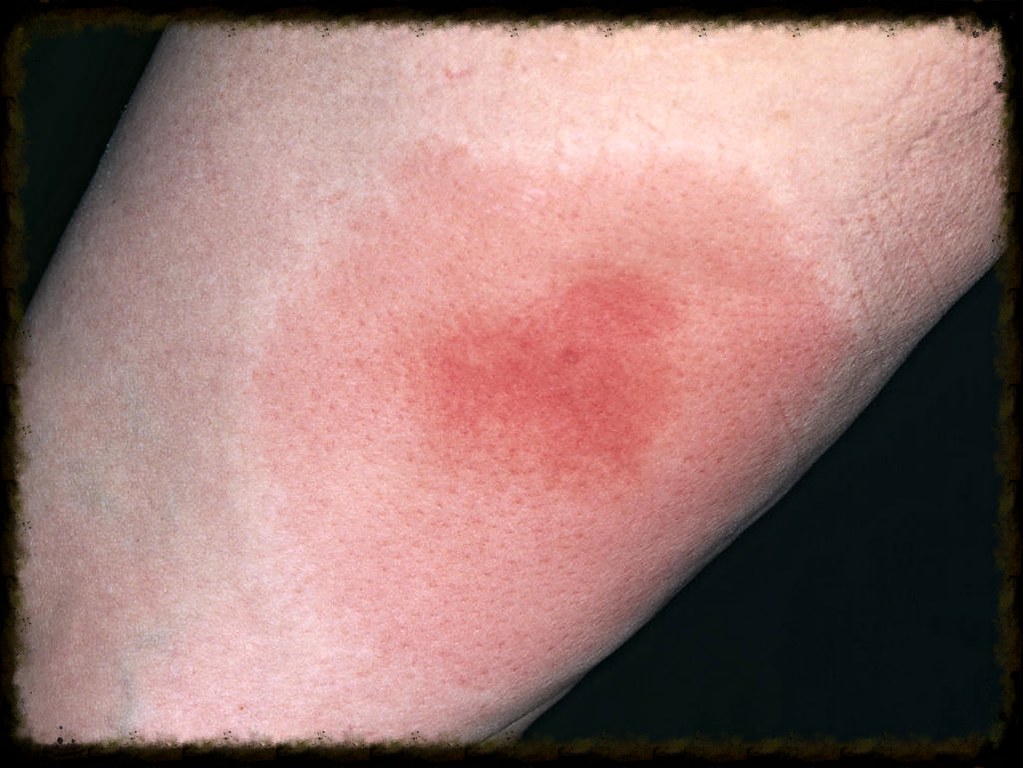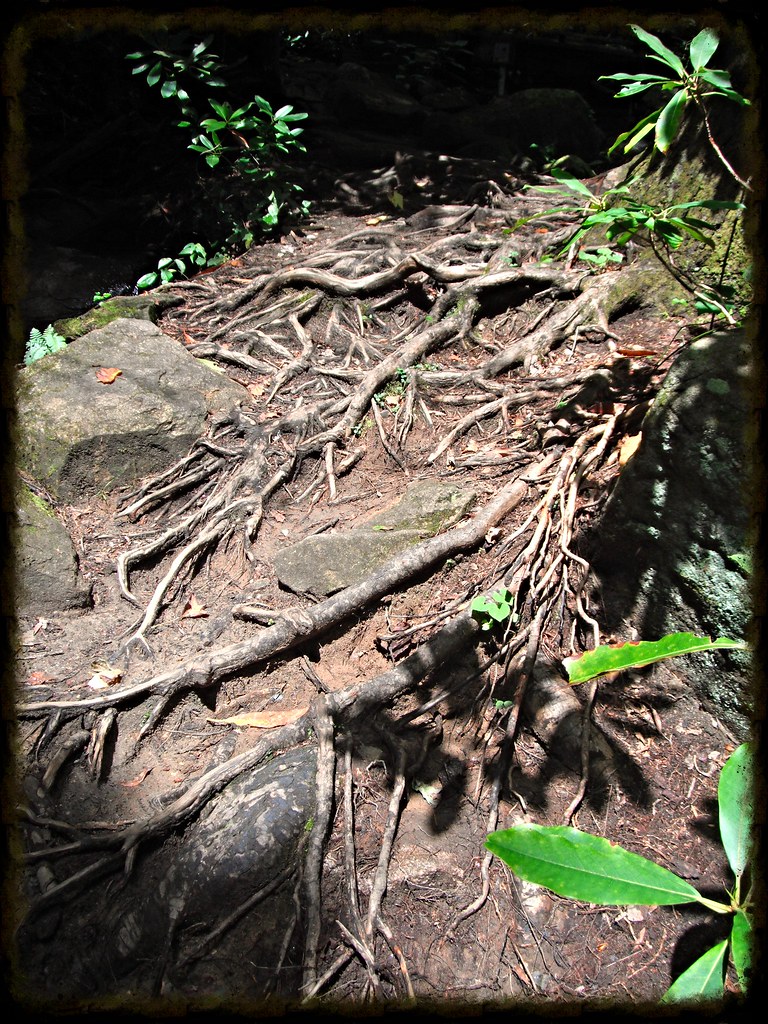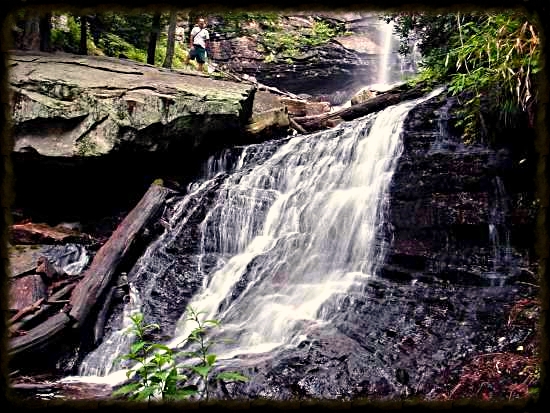Once upon a time a friend and I used to send each other our daily gratitude lists. A list that would have anywhere from 3-7 items on it and would sometimes be as basic as clean water and air or as complex as a peaceful resolution to a serious problem. It was a good way to start the day…being in a state of gratitude before leaving the house. Because sometimes life happens, life can be a bitch.
Today is Thanksgiving Day in the US and for the second time in a decade I find myself outside the US for this distinctly American holiday. I find myself feeling more grateful than I have in quite some time, thanks to the last few months living in Madagascar and its inevitable way it shifted the way in which I experience the world.
Why am I so full of gratitude lately?
I am thankful for my education.
Lord knows I have enough of it and sometimes it was a struggle to get and pay for, but never, not even once, did not think that I couldn’t finish high school or go to college. Or get a graduate degree… I may have been/be on the most circuitous path ever, butdropping out of school because I’m female has never crossed my mind.
I was a latchkey kid, got myself up and fixed my own breakfast from about 8 years onward, and caught the school bus until I could drive, but these ‘struggles’ are nothing compared to what many students in Madagascar face. Many students walk up to six kilometers [which was about the distance from my house to my elementary and high school] every morning to get to school, some without shoes in the scorching hot sand. Some struggle to concentrate, because their growling stomachs compete for their mental attention. They sit snug as bug next to their classmates — three, sometimes four to a wooden desk — in the hot classroom of up to 80 students. They rely one notebook and one pen with zero additional educational materials. Kids return home, make dinner for their families, sell food at the market, and take care of their younger siblings. And repeat it all, the next day.
Living in a place where so many students stop attending school after primary school… primary school! reminds me how much of a gift my education is. I am lucky for the teachers that challenged me and the resources made available to me, and while I can’t name every teacher I’ve ever had, I do remember some of the more special ones and am thankful for them on a regular basis.
I am thankful for the kindness in my life.
This experience has taught me to put trust in compassion, when feeling unsure and lost. Compassion reminds me that I do belong as surely as I was lost. Kindness appears in so many forms here — I see it in the greetings on my way to school, in my students’ smiles, in the gifts in forms of sweet potatoes and corn-on-the-cob that arrive at my door, in the safety I feel each day, in the jokes I share with my neighbors, in the teamwork between my community and me, and in others’ gratitude.
I am thankful for life’s challenges and the values instilled by overcoming them.
It’s the hurdles I had to jump in the past that make me the driven, independent person that I am happy to be today. If it weren’t for the bumps along the way, I would not have had the opportunity to grow in ways that I did and continue to do.
People in my community face challenges far more difficult than challenges I have faced and ever will face. Their resilience, perseverance and unwavering hospitality in these times of difficulty, is admirable.
I am thankful for learning more about myself.
As noble as “saving the world” sounds, a majority of my Peace Corps experience has been a heroic adventure of self-discovery. I have found the beauty in stepping outside of my comfort zone and saying “yes” to self-growth opportunities. I practice patience, continue to learn the value of making mistakes and appreciate the importance of laughing at myself. I am becoming more sensitive to what makes me happy, and what makes me sad, and making decisions based on those observations. Self-respect starts with making decisions with your happiness (among other things, of course) in mind.
I am so grateful that my time here has allowed me to grow in these ways.
I am thankful for the family I have been welcomed into in Madagascar.
Longo raike tikañe is a commonly used phrase I hear while living among the Antandroy people, meaning “We are one family.” That sentiment fuels the selflessness and hospitality I experience each day. Living here, I have realized that family is more of a feeling than it is mother, father, sister, brother. I am grateful for the feeling of family that I have felt from the day I arrived in this village.
The culture here relies on solidarity — everyone helps each other out. While almost everyone in my village knows me by name, “Market Day” brings many people from neighboring towns into our village to sell for the day. On those days, I may hear an occasional shout of Vazaha! “Foreigner!” and some fingers pointed my way. Most of the time, I choose to ignore the “v word” and continue on my way. As I head home, I hear a gentle voice telling them, “Her name is Vola. She lives here. She is Antandroy.”
Such a simple gesture, but it makes me smile every time.
I am thankful for the kindness in my life.
This experience has taught me to put trust in compassion, when feeling unsure and lost. Compassion reminds me that I do belong as surely as I was lost. Kindness appears in so many forms here — I see it in the greetings on my way to school, in my students’ smiles, in the gifts in forms of sweet potatoes and corn-on-the-cob that arrive at my door, in the safety I feel each day, in the jokes I share with my neighbors, in the teamwork between my community and me, and in others’ gratitude.
I am thankful for life’s challenges and the values instilled by overcoming them.
It’s the hurdles I had to jump in the past that make me the driven, independent person that I am happy to be today. If it weren’t for the bumps along the way, I would not have had the opportunity to grow in ways that I did and continue to do.
People in my community face challenges far more difficult than challenges I have faced and ever will face. Their resilience, perseverance and unwavering hospitality in these times of difficulty, is admirable.
I am thankful for learning more about myself.
As noble as “saving the world” sounds, a majority of my Peace Corps experience has been a heroic adventure of self-discovery. I have found the beauty in stepping outside of my comfort zone and saying “yes” to self-growth opportunities. I have practiced patience, continue to learn the value of making mistakes and appreciate the importance of laughing at myself. I am becoming more sensitive to what makes me happy, and what makes me sad, and making decisions based on those observations. Self-respect starts with making decisions with your happiness (among other things, of course) in mind.
I am so grateful that my time here has allowed me to grow in these ways.
I am thankful for a gained perspective on the world and its people.
I often think to myself how lucky I am to be experiencing the world through a different lens while I spend each day immersed in a community on the other side of the world. With each culture brings unique values and it has been enlightening and refreshing to experience Malagasy values — such as hospitality, family, solidarity and conversation — and see how they take precedence over things that are often obsessed over in the American world, such as technology, material items, money and work. Life here has changed my perspective on my personal values and I am grateful for the lifelong lesson my neighbors has taught me.

Here’s what my first Thanksgiving in Madagascar looked like: “My Thanksgiving started at 5 a.m. with the sound of roosters. I made some last minutes changes to my lesson and left my house at 6:30. I stopped for some kafe and mofo (coffee and bread) on my way to school and at 7, I began my lesson about American food and being thankful. After four classes, teaching 280 students how to draw hand-turkies, I headed home, hoping to take a quick nap. It wasn’t before long that I heard a knocking on my door. Outside my door were half-a-dozen students with big smiles and two eggs. Mesmerized by my gas stove (they only use charcoal fires to cook), they wanted me to teach them how to cook using gas. I was hesitant at first (I really wanted to take a nap), but soon we were cooking the eggs and some popcorn, too. It was a student’s birthday so I taught them how to sing ‘Happy Birthday’ in English. They insisted we sing it four times. They wore smiley face stickers on their heads (they had never seen stickers before and decided their foreheads were a good place to put them) and the birthday boy blew out a candle held up by an empty glass Sprite bottle.
This year is an atypical Thanksgiving to say the least, but a happy one for sure. I won’t be eating turkey or pecan pie with my family tonight. But I will be sharing good times with people that mean a lot to me. And I think that’s what Thanksgiving is all about.”
Happy Turkey Day from Madagascar!
